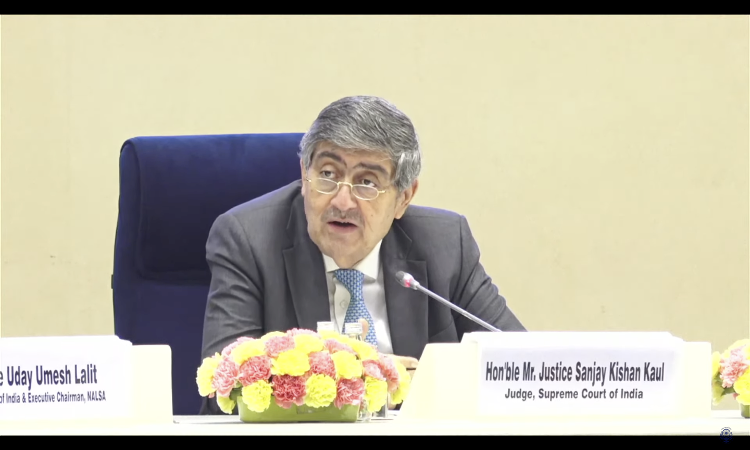Justice Sanjay Kishan Kaul, Supreme Court judge and Executive Chairperson of the the National Legal Services Authority (NALSA), expressed concerns about the situation of undertrial prisoners."We could not have a scenario where we perceive that the only punishment that can be delivered is keeping people at the undertrial stage irrespective of whether the prosecution has the ability to get...

